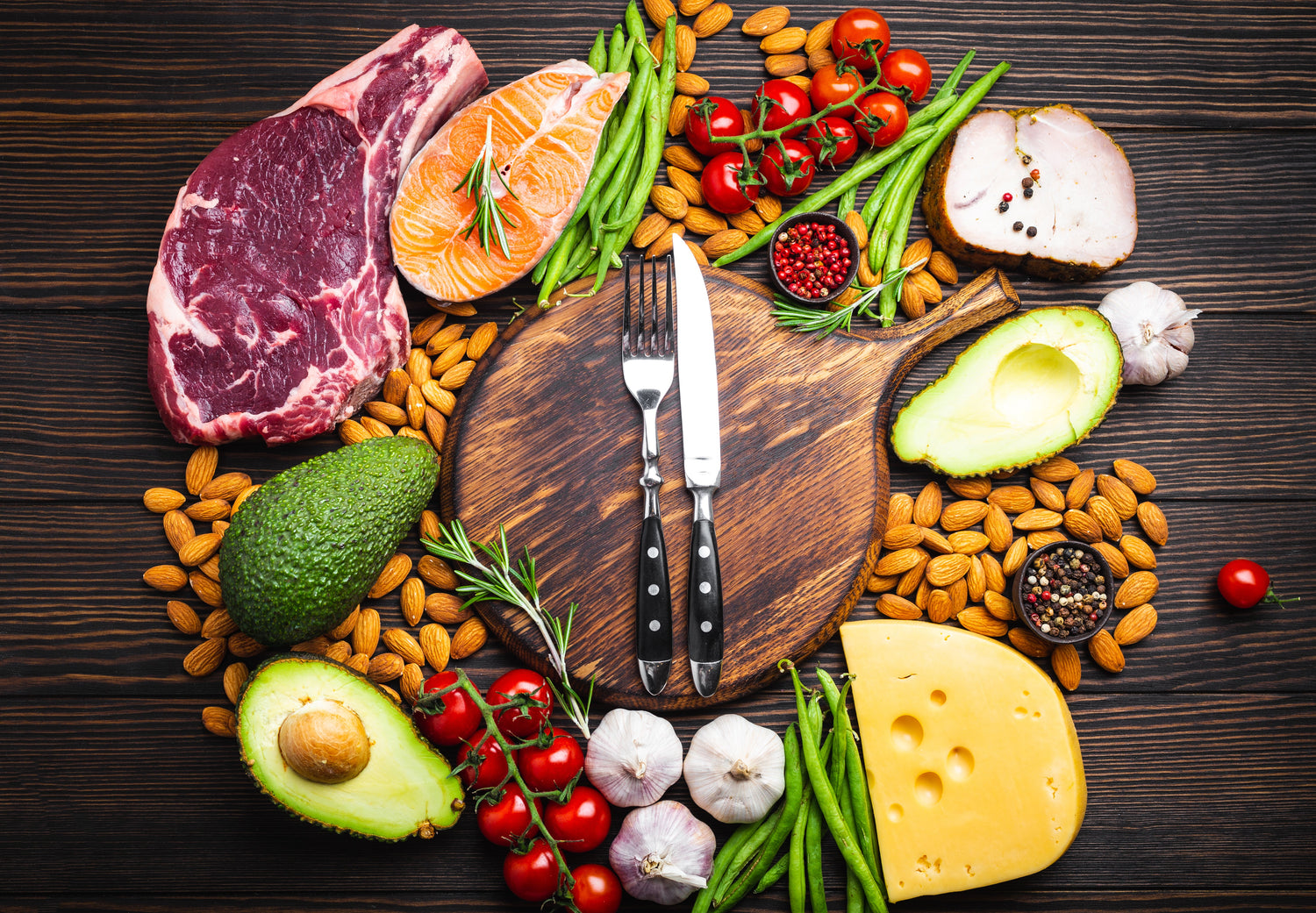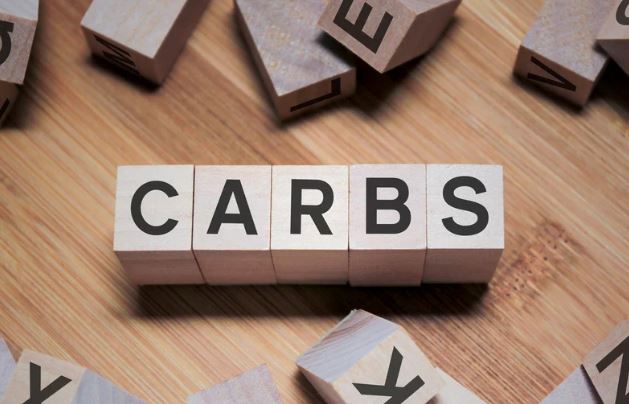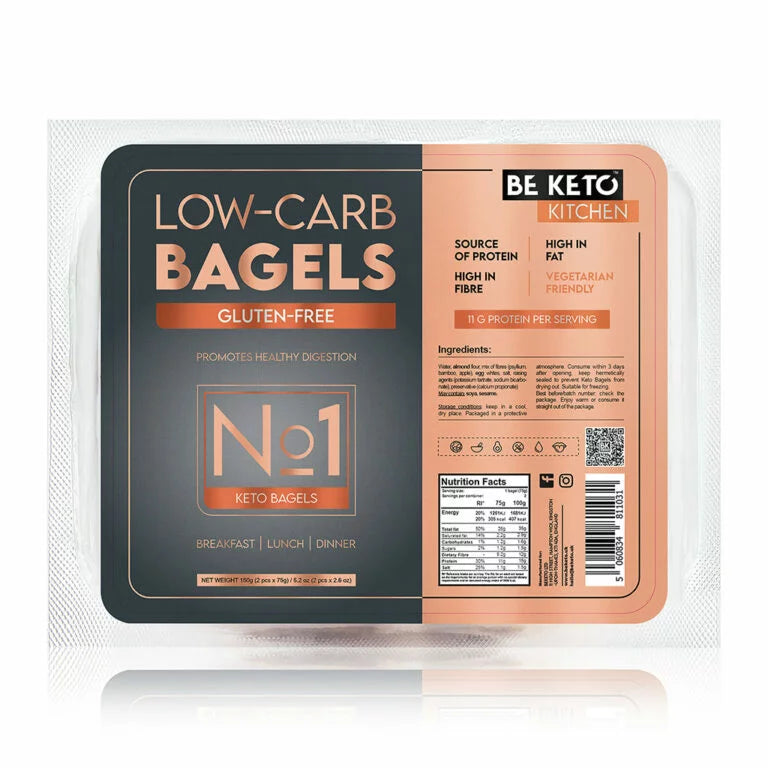Macronutrients ("macros") are what our bodies use for fuel: fats, proteins, and carbohydrates. All weight loss diets work by limiting the total number of calories you consume. The macronutrient composition of a ketogenic diet makes it very easy to stay in a calorie deficit and lose weight. Most people don't need to count calories on this diet because they naturally start consuming a healthy amount of calories.
The three macronutrients are carbohydrates, proteins and fats.
The three nutrients have different effects on ketosis due to their digestion and subsequent effects on blood glucose and insulin levels.

-
Carbohydrates are 100% anti-ketogenic due to their effects on blood glucose and insulin (elevating both).
-
Protein is approximately 46% ketogenic and 58% anti-ketogenic due to the fact that over half of the protein ingested "CAN" be converted to glucose, which increases insulin.
-
Fat is 90% ketogenic and 10% anti-ketogenic, accounting for the small conversion of the glycerol portion of triglycerides to glucose.
"Both protein and carbohydrate intake will affect the development of ketosis, affecting both the observed adaptations and the amount of 'protein-sparing' effect that will occur. Despite the generally 'high-fat' nature of the ketogenic diet, or at least how it is perceived, dietary fat intake has a fairly minimal effect on ketosis per se. Fat intake will primarily affect the amount of body fat that is used for fuel."
Lyle McDonald, "The Ketogenic Diet," page 52





